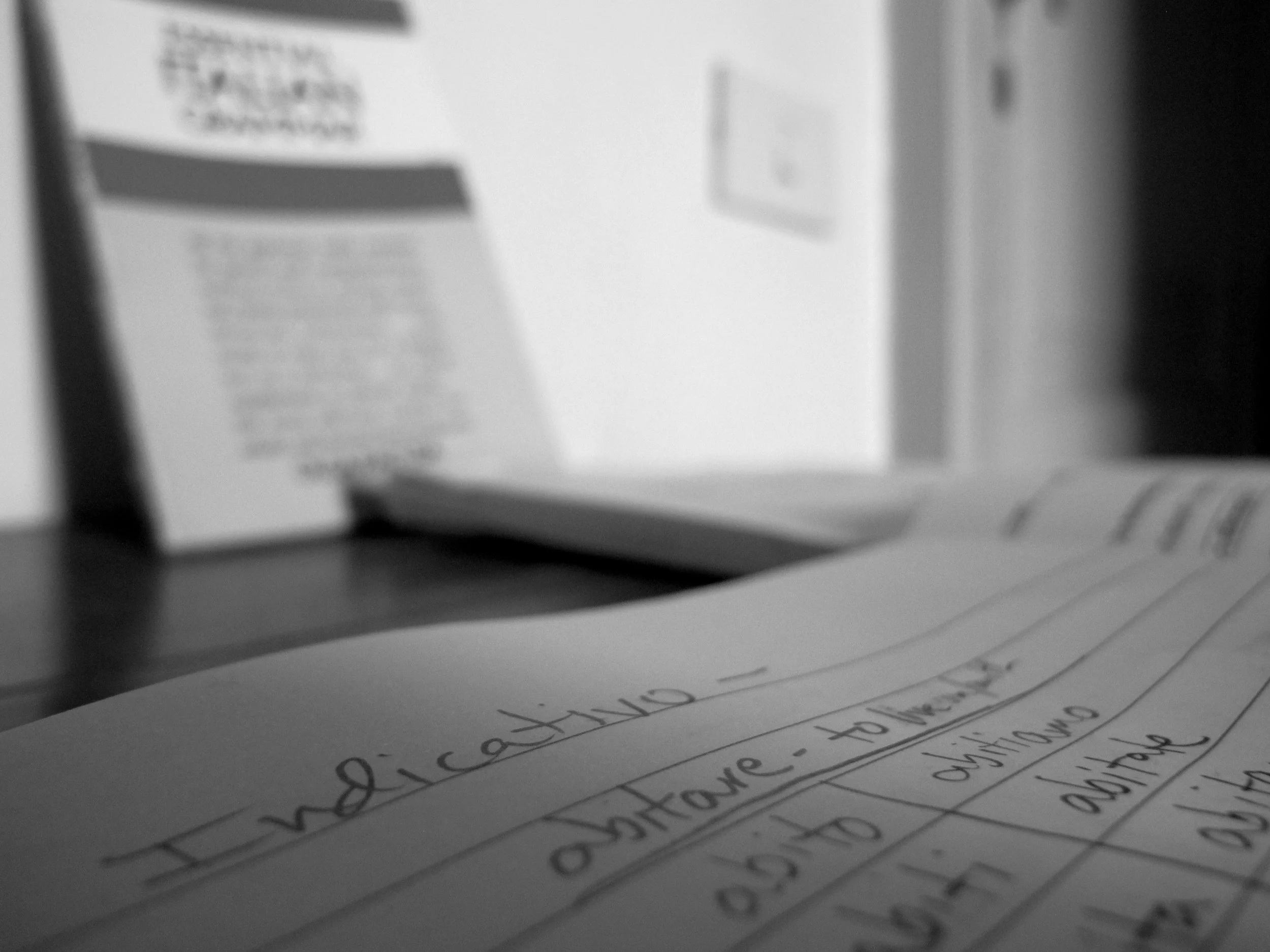Continuing along the not-too-beaten track of Myanmar, I made the bus journey from Bagan, through villages in which horse carriages seemed to be the most common mode of transportation, into the mountainous region near Kalaw, where I’d planned to take a short, 2-day trek through the hills and down to Inle Lake.
In contrast to the dry plains of Bagan, the hills surrounding Kalaw were a deep green, fed by the ever-increasing rainfall. Farms filled much of the low-lying areas, with staple crops of rice, lettuce, and other greens in a constant state of work, as local farmers dotted the hillsides for nearly the entire 28-mile trek. Water buffalo and cows stood stoically as we passed by, with only one forcing us to detour around his territory. Deep reds of tilled soil provided contrast to the lush countryside, making the entire journey easy on the eyes, though tough on the feet, as the recent rains made for more than a few slips and sinks in the mud.
Guided by a 20-year old Burmese man intent of sharing his thoughts on true love and playing as many practical jokes as he could, we twisted and turned through unmarked trails and village roads. The simple beauty of the farms, the hills, the small mountains, and the people along the trail was not necessarily spectacular, but rather serene and calming. There were no grueling climbs to conquer, no climactic pass, no treacherous stretches to navigate. It was simply a walk through the hills, with peaceful scenery in every direction, glimpses into daily life, and appreciation for the effortless beauty of fertile hillsides and valleys. If not for a couple of obnoxious Americans whose vocabulary was limited to 4-letter words at max volume at all times, I think it may have been one of the more peaceful treks I’ve done to date.
Arriving at the shores of Inle Lake, a long-boat ride brought us to the small, developing town. A handful of western-style restaurants fill the scene, but the main draw is the lake itself. Surrounded by floating villages and gardens, where everything from lotus weaving to cigar rolling takes place, the serenity of the hillsides finds its source in the lake itself. Small tributaries lead to the villages, where a rotating market calls a new place home each day. Houses stand perilously over the water, with bamboo support beams bowing in all directions. Locals attend to daily duties from private dock platforms below their homes, washing clothes, vegetables, and themselves in their source of life, their lake. Rows and rows of crops and flowers are tended to by canoe, and talented fisherman row personal boats with their legs to free their arms to collect the nets. The lake is quite large, as it took our chartered boat nearly 2 hours to reach the far village, just in time to see the market close for the day. Tourism abounds, but nowhere near the level of the country’s Southeast Asian neighbors. For now, the calm waters of Inle Lake are only interrupted by the roaring outboard motors propelling the skinny boats around the lake and through shallow inlets.
Biking around a portion of the lake on my last afternoon in search of a recommended seafood meal, my encounter was a wonderful summary of my experience in Myanmar. The restaurant consisted of a series of Bungalows situated over a small pond, rice fields and mountains providing a 5-star backdrop to a delicious seafood soup and rice feast that cost just over $2 each. Save for a small group of locals who asked to take a picture with us, we were the only visitors around, and when it came time to pay, there was a mad dash within the family to locate the one who could speak the best English. Turns out, it was the youngest, a girl no more than 7 or 8, as she approached the two of us and began to speak in the most surprisingly clear and correct English and sentence structure:
“Was it a good meal?”
“Yes, very delicious.”
“Did you enjoy your time here?”
“Yes, I did, thank you.”
“Will you tell your friends?”
“Yes, I will recommend this place to everyone I meet.”
With a shy smile on her face, she nervously said her farewell with the innocence only a child can have:
“I hope you come back to see me.”
I hope so, too. I hope so, too.






